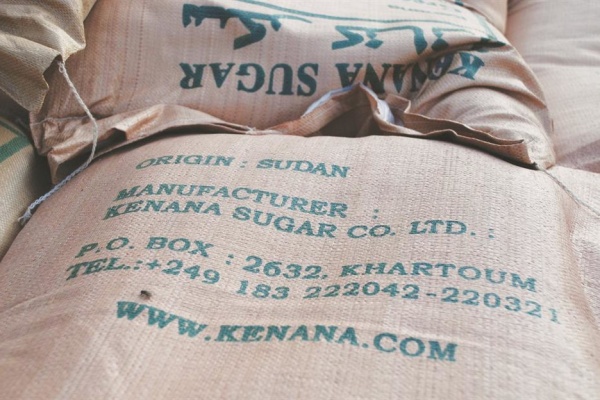On August 3rd this year, Abdullahi Mahat, 34, walked into the Dadaab District armed with an AK 47 gun and several bullets.
Security officers around the camp reacted to this by cocking their guns thinking he was an Al-Shabaab member on a terror mission. However, Mahat a resident of Dadaab District, was there to surrender the firearm following a government amnesty extended to individuals with illegal guns.
Until then, Mahat had been a notorious bandit on the Garissa County roads and by his own account, surrendered the illegal firearms after several of his comrades were gunned down. Mahat said he acquired the firearm 11 months earlier.
A holder of diploma in community development, Mahat said he decided to buy a gun from the savings made while on temporary government jobs. With the gun, he joined the dangerous, but profitable banditry sponsored by sugar smugglers. The now-reformed bandit completed his primary education at Dadaab primary school in 1997 and joined County High Secondary School in Garissa town, the following year and then graduate from the high school in 2002. He then worked for the defunct Electoral Commission of Kenya as registration clerk and as a field monitor for Garissa town based nongovernmental organization womankind. He also worked with the United Nations High Commissioner for Refugees (UNHCR) as refugee verification clerk, before joining the banditry with scores of other youth from Dadaab in August last year.
By his own account, there are several young educated youths like himself from Liboi and Dadaab areas who are into banditry, which offers them handsome and quick financial returns.
“Many youth in the Liboi and Dadaab areas, where smuggling goods from the war-torn Somalia is lucrative and provides quick attractive money, got enticed into the menacing banditry activities by its profitable nature”, he said. Our two months investigation has revealed a sophisticated new breed of youthful bandits encouraged by kickbacks from unscrupulous traders, who smuggle contraband goods from Somalia into
Northern Kenya.
Mahat says together with others, he was recruited into banditry by a notorious local bandit by the name Kassim Dubow who got killed in an operation by security officers on September 4 along Laba-Sigaley route, 25 kilometers from Dadaab town. Mahat said he bought his gun at Sh 85,000 and 500 rounds of ammunition each at Sh 80 from a gun runner in the Somali border town of Dobley introduced to him by Kassim.
“I took one of the lorries smuggling goods from Somalia into Ifo refugee camp to Dobley and met the gun merchant who took me to his gun shop. Upon satisfactorily testing the gun, I was provided with armed militia escorts who brought to me to where my boss (Kassim) was waiting” Mahat recalls. For four days they travelled deep in the bushes carrying with them their food and water from Dobley to an area next to Ifo refugee camp, where they met their fellow gang members.
The reformed bandit, who refers to the slain Kassim as their team leader at the time, says he was trained on how to fight, how to roll and escape when overpowered during a gun fight for a week before he officially joined the gang.
He says during an encounter with Kenyan security officers on patrol in May this year, one bandit in their group was killed. Two others surrendered to the authorities, taking advantage of a prevailing government amnesty to illegal arm holders in the country. He said during the same month, they broke into two camps after disagreeing over the amount to be paid to them by the smugglers.
“The Kassim camp preferred a negotiated approach to dealing with traders on matters of payment. They agreed in a meeting in Ifo, Hagdera and Dagley with smugglers to a payment of between Sh 3,000 and Sh 5,000 per vehicle depending on the tonnage.
“The second camp under ‘Biirlage’ (Metal chewer), a nickname given to him because of his notoriety, wanted a blanket sum of Sh 10,000 protection fees imposed on all vehicles irrespective of their capacity arguing that they were taking a huge risk in protecting the smuggled goods while the goods owners were comfortably sleeping in their homes” Mahat tells the Standard on Sunday.
According to the Kenya Focal Point on Small Arms and Light Weapons, proliferation of small arms contribute to between 70 and 90 per cent of crime committed in the country.
The director of the lobby group Patrick Ochieng says between 70 to 90 per cent of crime s related to the proliferation of arms,
